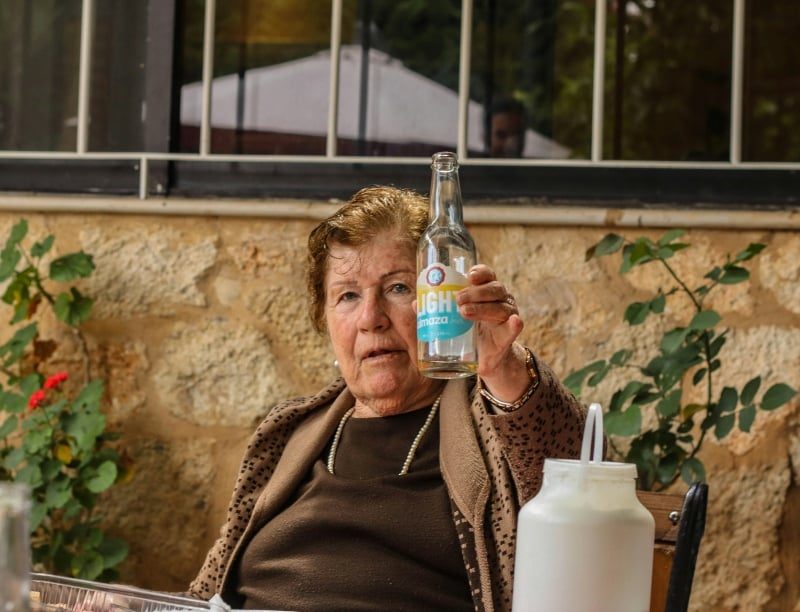I don’t like life.
This is more or less a recurring thought most of the time I spend awake and informs some dreams I’m still on the hook to buy new a new fainting couch for my therapists’ office over. It takes up quite a bit of what little real estate my brain still allows during Suicide Prevention Month every September. Yes, I’m fully aware what month it currently is. Many thanks and blessings.
And for the sake of total transparency, because I feel like you and I totally have that kind of relationship, I’ll say up front that I have a controversial outlook on suicide. At least among the four or five people I know, anyway. Long story short (because I’m great at that), like Dr. Kevorkian, I’m not even fully on board with preventing it under certain circumstances. That being said, I’m emphatically not encouraging anyone to do it by any damn stretch, especially if you haven’t even reached adulthood yet. For the love of peanuts and nougat, please go talk to someone! I know it’s hard, but do me a huge solid and at least try.
Anyway, my only aim here is just to explain to those of you who haven’t experienced suicidal ideation – or, gods forbid, suicide itself – the things that often run through the grey matter of those that have. Why it is that certain perfectly valid, meaningful and sincere pieces of encouragement that should definitely be given (though in a careful and measured way) aren’t always a rope someone can climb out of the hole with. And, most importantly, why it isn’t your fault when they’re not.
#1 YOU HAVE SO MANY REASONS TO LIVE
Oh, lordy, do I ever. I have a job I don’t hate that more or less pays for my South Seattle rent. I have stupendous, pristine quality humans in my life who have deep emotional investments in me and my well-being for what I can’t imagine are high-yield dividends. I have a nephew and nieces that give me the flashes of parental joy I’m increasingly not likely to experience with a family of my own. There are a couple nonprofits that give me a modicum of fulfillment by actively (kind of) supporting them. I drive a car that’s a light-SUV and fully electric but still shreds up the road. But they’re not at all anything that I live for, and there’s a spectacular difference.
Sure, reasons to live will get you out of bed in the morning, but plenty of folks don’t feel they have something worth dedicating their existence toward that will mitigate their resentment of waking up in the first place. Which they probably quite politely requested not to happen the night before, I might add. Maybe it’s a partner, your children, a professional calling, a cause, it’s something that makes the long stretches of suck between those reasons not only hurt a little less but also make the suck way easier to ignore altogether. Purpose neutralizes the acidic indifference to so much when you’re suicidal. Reasons are the rash cream that only lasts a few minutes no matter how much you slather on, but you’re still glad to have it.
#2 IT’LL HURT A LOT PEOPLE
I’ll admit that I feel I have a much stronger grip on this concept than a lot of other people who’ve looked at the self-immolation brochure. Most who are teetering on the edge because of mental illness, being overwhelmed or who are somehow otherwise inescapably miserable are very cognizant of how much they’re cared about and the damage their dying would cause.
Thought number one is very often “I couldn’t do that to (insert name of human attachment). I know it would traumatize them and the thought of causing them pain is nauseating.” The follow up punch in this combo is often just “But…I don’t care.” This dissociation is not a diminishment of the power of having loved ones. But living with ideation means constantly tweaking a balance sheet where you ask yourself whether or not the emotional expense of prioritizing someone else’s future suffering ahead of your own very real present misery is really worth the cost.
It’s every last kind of important to understand that when I say ‘cost,’ that categorically doesn’t mean ‘value.’ It’s sadly true that some suicidal people do mistakenly believe that they’re not at all cherished. Chemical imbalances, man. But a great number do fully recognize how supported and adored they are, for which they’re grateful beyond even what common sense would dictate.
Yet it still isn’t always enough to win the emotional arm wrestle in a suicidal bloke’s head. Suicidal thoughts and genuinely understanding how loved you are is a gnarly back and forth affair – sometimes suicide just wins, even if just barely. I was trying to think of a ping pong metaphor to lighten the mood here, but then I’d have to sit and figure out how one goes about cheating at ping pong. That’ll be a hard pass for me. Sorry.
#3 YOU SHOULD GET HELP
I won’t even try to come up with a stinging quip about this one. Because yes. Yes, you should get help. The lesson here, though, is that help isn’t the universal cure-all that people understandably place their hopes in. Hell, occasionally the help that gets found does more harm than good. Therapy, counseling, medications, lifestyle changes can and do help a lot of my ilk dispel their suicidal inklings, or at least help keep them at bay. But sometimes the thick membrane of self-hatred can’t be punctured no matter how earnestly you or they try.
Just like vaccines or Magic: The Gathering booster packs, there’s no such thing as a guaranteed positive outcome. Getting assistance is always worth it,, but the harsh reality if you know people who are suicidal is that there can be a (hopefully slim) chance that they aren’t saveable. The concept of odds is super gross to me – they automatically create scenarios where someone has to lose or get the short shrift. Percentages are even worse, because when there’s one that implies things will be all kinds of swell for the majority of people, it stings even more when you find yourself in that lower number. Most of us don’t like to dwell on the poor souls who end up there, and it’s even harder if suicide’s lurking about your frontal lobe.
The most vital point I can try to drive home as I hit my word count on this thing is that, in any of these or countless other scenarios, you didn’t fail in any sense if you’ve lost someone to suicide. I’d encourage you to rightly believe you gave whatever efforts your human limitations could muster for them, and I can all but promise that every word of love and support you offered did not fall on deaf ears.
If you or a loved one are in crisis, please call the National Suicide Prevention Lifeline at 1-800-273-TALK (8255), or contact the Crisis Text Line by texting TALK to 74174.
—
iStock image
The post I Really, Really, Really Want to Talk to You About Suicide appeared first on The Good Men Project.
Original Article










